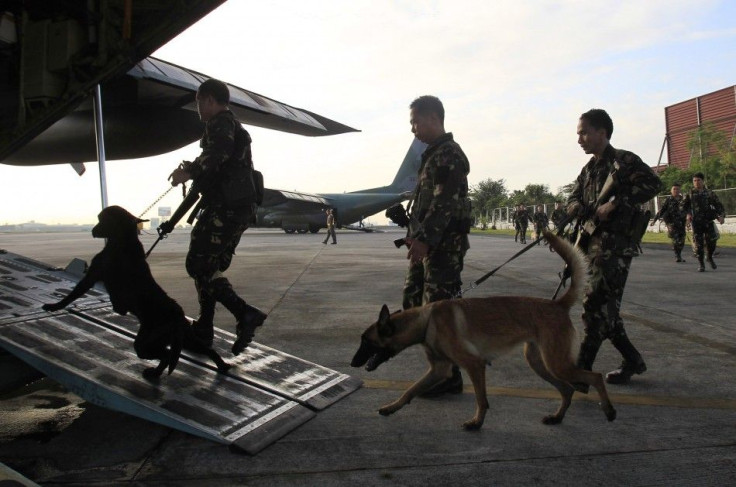Terrorists in Canada Aren’t Tracked ‘All the Time’ Due to ‘Limited Resources’ – Spies

Terrorists planning to wreak havoc in Canada might as well celebrate after an official from the Canadian Security Intelligence Service, or CSIS, said their limited resources prevent them from tracking the bad people all the time.
About 80 suspected Canadian terrorism sympathizers who went abroad and returned to Canada are currently under the radar of the agency. Unfortunately, their movements aren't being monitored all at the same time and always, according to Jeff Yaworski, CSIS deputy operations director. He told a Senate committee earlier this week that what CSIS does to cover all the suspected terrorist sympathisers is to "prioritize" their monitoring over the individuals.
The presence of the 80 individuals was first reported early in October. Their identities continue to be withheld. Michel Coulombe, CSIS head, said that pertinent charges will be filed against the individuals once solid evidence linking them to such terrorist claims are gathered.
Some of the 80, according to Yaworski, are placed under judicially warranted surveillance, so it meant all their communications and movements are intercepted and tracked. The rest of the 80 was not discussed. Suffice to say, the agency's limited resources are directed more on those considered to be the greatest threat. But "what does keep me up at nights is those who haven't come across our radar screen."
Moreover, extremists who have been "radicalized to the point where they wanted to leave" but were fortunately stopped from leaving Canada are likewise closely investigated, Yaworksi said. They add further burden to the already limited resources of the agency.
"There's nothing more that we can do with the budget that we have except to prioritize internally as effectively as we can and I think we're doing that. Our success rate has been quite good . . . I'd be foolhardy to say we've got all the bases covered. We do what we can with the budget that we have," Yaworksi bluntly told the Senate committee.
The CSIS had earlier said there are about 130 to 145 Canadians overseas who have taken part in guerrilla-style battles launched by the ISIS and other terror groups. These people are also reportedly supporting the extremists through fund-raising and propaganda.
Related:
80 Canadians Under Police Radar, Suspected ISIS Fighters





















